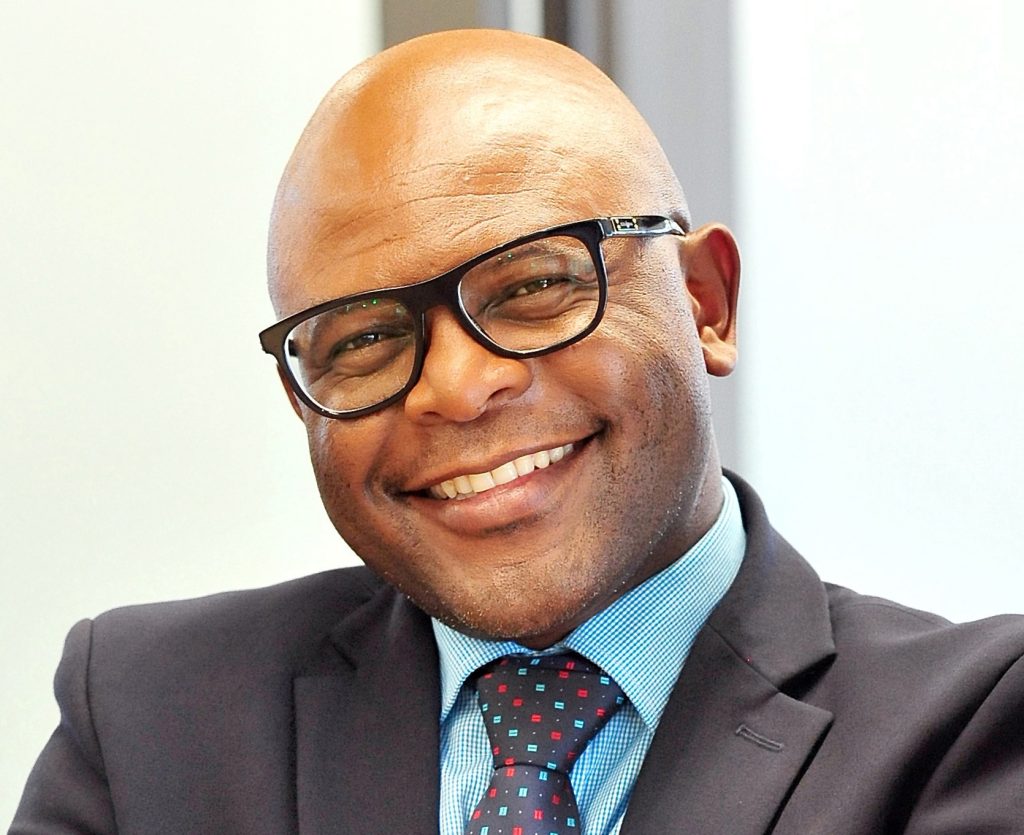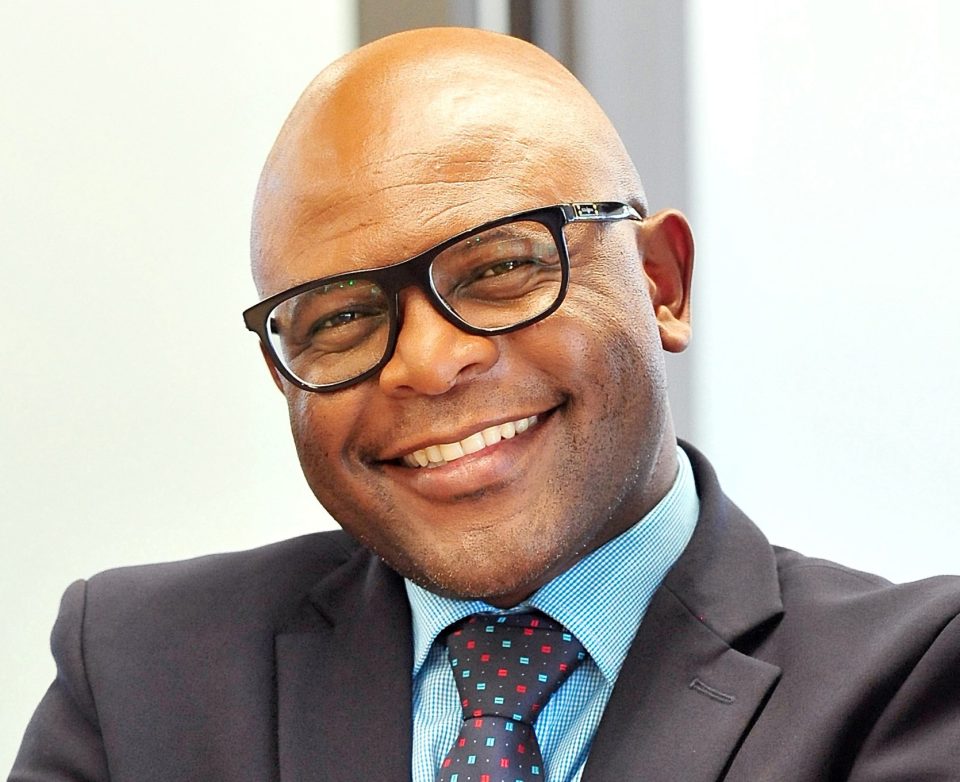
Oscar Siziba
As South Africa prepares for the 2025 National Budget Speech, businesses, particularly Small and Medium Enterprises (SMEs) will be keenly watching for signals on economic growth, investment, and policy support. The National Budget Speech is not just a fiscal event – it serves as a critical indicator of the country’s economic direction, influencing business confidence, investment appetite, and the overall operating environment.
Encouragingly, the International Monetary Fund (IMF) projects South Africa’s GDP to grow by 1.5% in 2025, marking a slow yet steady recovery. While challenges remain, this signals a cautiously optimistic outlook—one that SMEs, as the backbone of the economy, must be ready to leverage.
Beyond macroeconomic indicators, South Africa’s role as host of the 2025 G20 Summit and its associated B20 Summit, presents a significant opportunity for business. As the world’s major economies gather to discuss trade, investment, and sustainable development, South Africa will be in the spotlight. The B20 Summit, the official business engagement forum of the G20, will provide a platform for private sector leaders to influence global economic policy that drive business-friendly reforms.
For SMEs, this is more than a diplomatic milestone, it is a platform to showcase innovation, build global partnerships, and access international markets. The summit’s emphasis on inclusive growth aligns directly with Standard Bank Business and Commercial Banking’s (BCB) commitment to turn potential into opportunity for the vibrant businesses that power Africa’s economy.
Yet, despite these prospects, structural challenges persist. Unemployment remains high at 32.1% (Q3 2024), reinforcing the urgent need for policies that enable SMEs to scale and create jobs. Recognising this, the government has introduced reforms such as the National Small Enterprise Amendment Act, which seeks to reduce red tape and streamline SME support. A key development is the establishment of the Small Enterprise Development Finance Agency (SEFDA), a consolidated entity aimed at making financing and business support more accessible. Additionally, the Act establishes the Office of the Small Enterprise Ombudsman, ensuring fairer access to justice for small businesses. These reforms are critical in removing operational barriers and fostering a more enabling business environment.
Technology adoption and digital transformation are two key drivers reshaping the SME landscape. Technology adoption refers to businesses integrating new tools and systems, such as digital payment platforms, cloud computing and automation, to enhance efficiency and reduce operational costs. On the other hand, digital transformation goes beyond individual tools, it’s a strategic shift that redefines business models, customer engagement, and competitive positioning through data-driven decision-making, Artificial Intelligence and ecosystem collaboration. The expansion of both technology adoption and digital transformation is reshaping SME competitiveness globally.
With a presence in 20 African markets, Standard Bank Business and Commercial Banking (BCB) provides businesses with access to established trade corridors, on-the-ground expertise, and tailored financial solutions to navigate complex cross-border transactions. Our deep understanding of regional and global trade agreements, including the African Growth and Opportunity Act (AGOA), allows us to help South African exporters capitalise on duty-free access to the US market, expanding their reach in key sectors such as manufacturing, agriculture, and textiles.
Additionally, BCB’s extensive trade and investment linkages with China, Africa’s largest bilateral trade partner, enable clients to tap into high-demand sectors. Through our Africa-China Trade Solutions, forex solutions and direct partnerships with Chinese importers, we provide businesses with seamless access to China’s supply chains and distribution networks. Our strategic involvement in the African Continental Free Trade Area (AfCFTA) further enhances intra-African trade by simplifying cross-border payments, reducing trade barriers and supporting SMEs in scaling their operations beyond their home markets. By leveraging our expansive African footprint, deep global partnerships, and specialist trade expertise, we show up as more than just a bank but rather as a trusted partner for growth, building our offering on a foundation of expert relationship management.
As 2025 gains momentum, this is the moment for SMEs to seize new possibilities, by leveraging digital innovation, forming strategic partnerships, and capitalising on emerging trade opportunities. With the right support, SMEs will not only drive their own success but also contribute to a more inclusive and prosperous South African economy. Aligning with these trends, Standard Bank provides tailored digital banking solutions to help businesses start, manage, and grow their operations sustainably in an increasingly connected marketplace.
Oscar Siziba, Head of Coverage: Business Banking at Standard Bank South Africa. He writes in his personal capacity.


